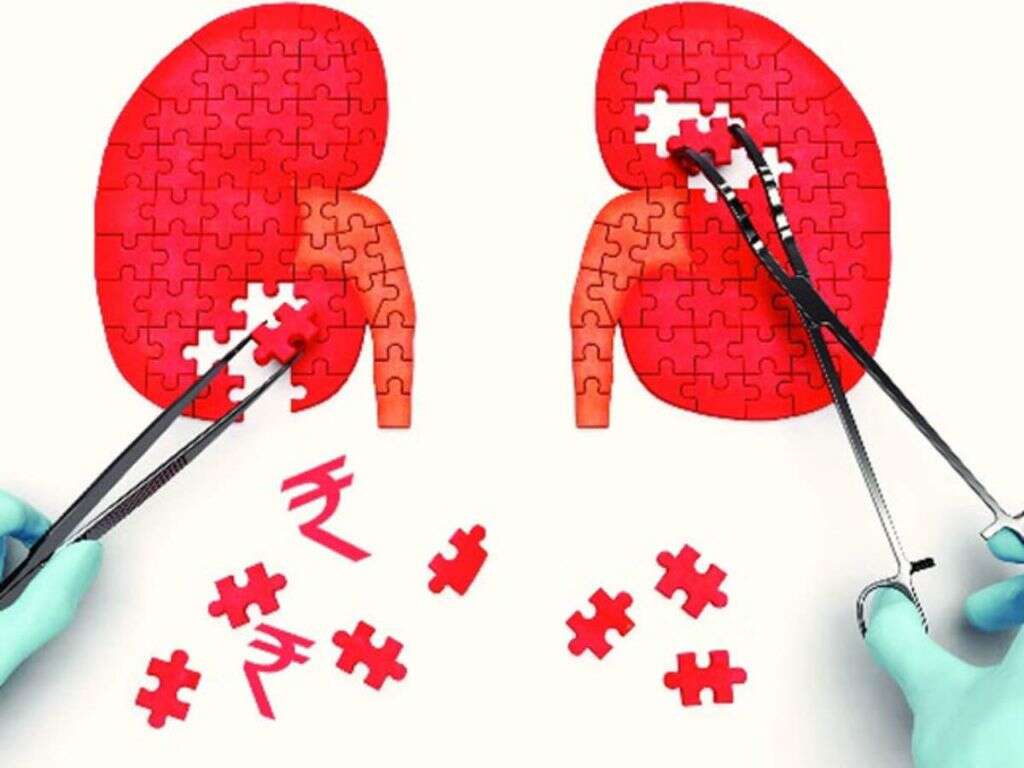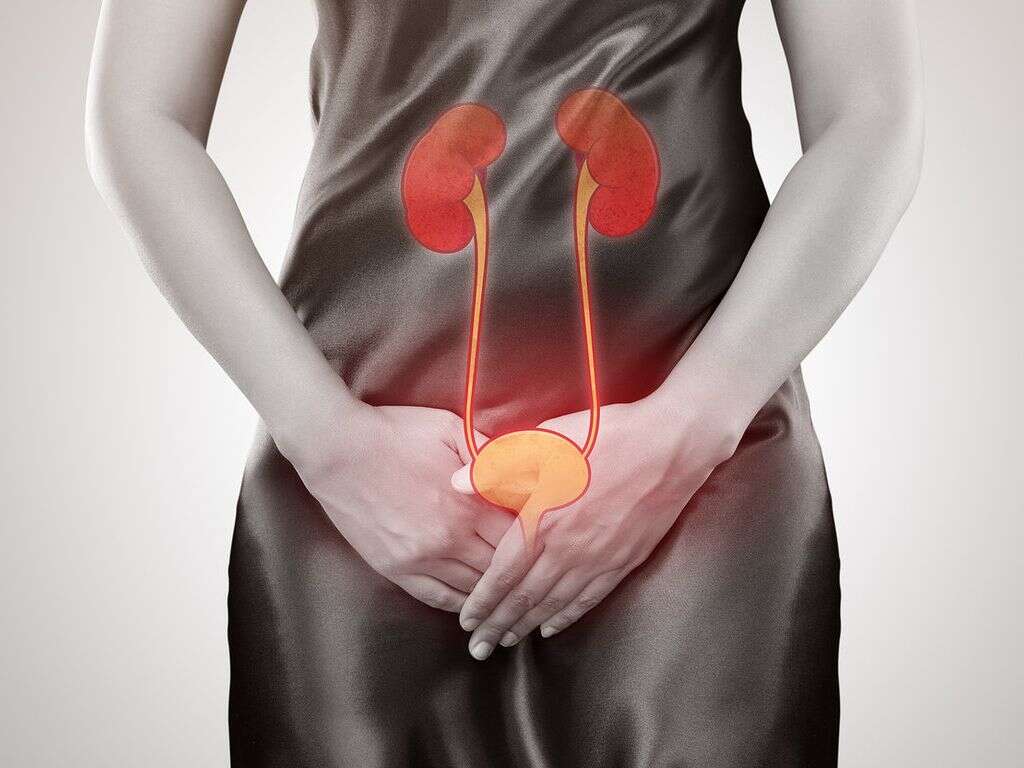What Is a Bladder Infection?
If any animal in the wild was to leave behind a trail of urine then it would easily reveal their position to prey, and predators. It would also potentially cause hygiene issues. For these reasons, we evolved a system where instead of releasing a constant stream of urine, it would be released periodically instead.
This involves the use of a bladder. This is a natural type of bag that stores urine until there’s a suitable moment for it to be released. Obviously, we no longer need to worry about predators, but the system is still very beneficial as it helps maintain hygiene. The system can develop problems, however, including a chance that the bladder can become infected.
1. Bladder Infection
Although it is tucked away deep inside our body, our bladder is not immune from infections. Bacteria are still sometimes able to make their way into the organ and once inside, they can proliferate and cause problems for us. When a bladder infection takes place it can cause the bladder to become inflamed in a condition known as cystitis.
Women are more likely to develop a bladder infection than men are. It is not usually a serious condition, although it can be very uncomfortable, and it can be treated. Untreated bladder infections can turn serious, however, so they should always be treated as soon as possible.
2. Urinary Tract Infections
Bladder infections are a type of urinary tract infection. There are also other types of urinary tract infection, one of which is urethritis. This is an infection of the urethra, which is the tube that passes from the bladder to an opening in the vagina or penis, thus allowing us to pass urine out of our body.
Urethritis occurs when bacteria outside the body are able to get into the urethra at the opening. These bacteria will sometimes come from the anus, and urethritis can also be caused by pathogens that cause sexually transmitted diseases. The bacteria will sometimes move on to infect other parts of the urinary tract including the bladder and the kidneys.

3. Causes
As mentioned, urinary tract infections happen when bacteria have been able to get into the urethra. This often happens when bacteria from the digestive system have moved to the opening of the urethra. It will also sometimes happen after bacteria have been introduced into the vagina during sexual intercourse.
There are numerous different bacteria that can cause a urinary tract infection. The most common culprit is Escherichia coli, which is usually found in the digestive system. Other types of bacteria including mycoplasma bacteria and chlamydia can infect the urethra but not the bladder. Regardless of the bacteria responsible, bladder infections are likely to have the same symptoms.
4. Symptoms
Many people that have a bladder infection will show no symptoms. When symptoms do show they will typically include pain in the lower abdomen area. The patient can also have a continuing urge to urinate and, when they do urinate, they are only likely to pass small amounts. Urinating can also cause a burning sensation in the urethra.
The patient’s urine can also have a much stronger smell than it usually would, and it can also have a cloudy appearance. Their urine can also be discolored and there may also be signs of blood. Bladder infections will also likely cause a fever, chills, and aches and pains in joints and muscles.

5. Recurrent Infections
Bladder infections are fairly simple to treat so they are unlikely to cause considerable problems for the patient. They will go on to cause complications in a small number of cases, however. One of these is that the infections will return regularly in some people. Some patients might have 4 or more urinary tract infections in a year.
Another potential complication is sepsis. This is a condition where the patient’s immune system has launched a strong response against the infection. In sepsis, a dangerous volume of chemicals is released into the body to kill the bacteria, potentially resulting in organ failure.
6. Kidney Damage
Untreated bladder infections can result in the bacteria spreading to other organs in the body, including the kidneys. If a kidney infection is severe enough and it goes untreated, it can result in permanent damage to the kidneys. This will affect the ability of the kidneys to function, possibly to dangerous degrees.
Serious bladder infections can also cause the urethra to become infected, and this can cause stricture. This is a condition in men where the urethra becomes narrower than usual, potentially to the point where it is difficult for urine to pass through. Serious cases of bladder infections can also cause premature births, and children being born lighter than usual.

7. Risk Factors
Bladder infections can happen in anybody. However, there are considerably more likely to occur in women. This is largely down to anatomy as the opening of the urethra is closer to the anus in women. The urethra is also considerably shorter in women, meaning that the bacteria have less distance to reach the bladder.
Bladder infections are also more likely to happen in women that are sexually active. Changes in women’s bodies will also make then more susceptible to bladder infections after they have been through the menopause. Women who use some types of contraception are also more at risk of developing a bladder infection.
8. Prevention
It is all but impossible to completely protect ourselves against bladder infections, but we can still make ourselves a lot safer from them. One way to help achieve this is to drink plenty of water to help flush potentially bothersome bacteria out of the urinary system. It is also recommended that women urinate after intercourse.
Women should also try to avoid using certain feminine hygiene products that might irritate their genitals. If you are getting frequent infections while using contraception, you should try and change the contraception you are using. You should also try and avoid holding urine in for too long. People that are particularly prone may be given antibiotics to help prevent new infections from forming.

9. Diagnosis
Your doctor will likely need to ask you about your symptoms and your medical history. They may also need to ask you other questions such as whether or not you are using certain types of contraception. If a bladder infection is suspected then your doctor will likely want to request some tests.
Tests for a bladder infection typically include urine tests. This will allow experts to look for bacteria and other signs of an infection. Imaging technology like MRIs and CT scans can also be used to help get a look at what is happening inside the urinary system. In some cases, a cystoscope may be used to look inside.
10. Treatment
Bladder infections are caused by bacteria, and this means they can be treated with antibiotics. The specific type of antibiotics used will depend on the type of bacteria that is present, and the severity of the infection. In most cases, antibiotics will clear up in just a few days or so, but it is recommended to finish all of the antibiotics.
In the more severe cases, stronger antibiotics may need to be administered intravenously. If bladder infections keep on returning, then you will likely be expected to go on a longer course of antibiotics. Some women may also be given antibiotics to take after every time they have intercourse.











